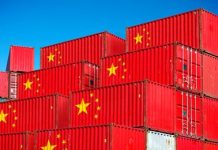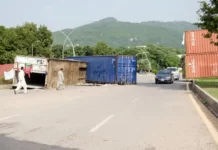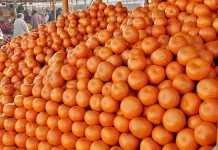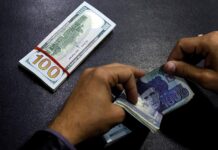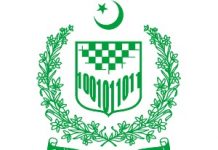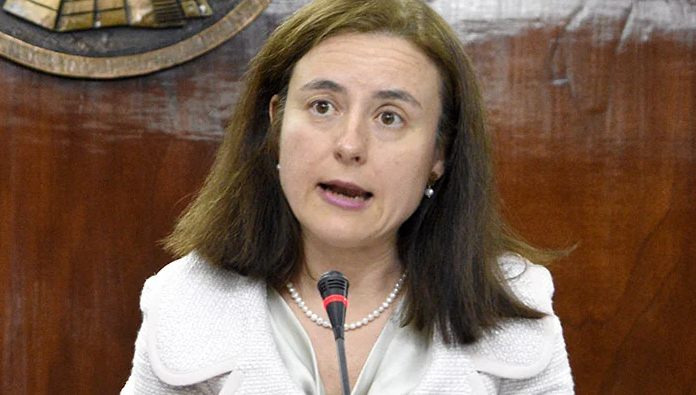ISLAMABAD: Resident Representative IMF in Pakistan Esther Perez Ruiz has said that to realise the export potential, Pakistan needs proactive policies such as exchange rate flexibility, efficient allocation of resources, elimination of subsidies and the creation of a business conducive environment in the country.
The Fund’s resident representative was addressing an event “Trade Connectivity” organised by the Economic Advisory Group (EAG) and Policy Research Institute of Market Economy (PRIME) with the support of Friedrich Naumann Foundation (FNF) Pakistan.
While stating that tariff and non-tariff trade barriers, such as putting restrictions on import, impose serious constraints on growth and sustainability, Perez emphasised that Pakistan should eliminate subsidies besides creating a business conducive environment in the country.
Perez said that Pakistan’s exports to GDP reduced from 14% in 1990 to 10% in the 2000s while the country’s per capita GDP growth is very slow compared with its regional competitors.
Speaking on the occasion, Federal Minister for Commerce Syed Naveed Qamar acknowledged the importance of free markets and their role in promoting growth. He agreed that export-led growth is the real aim of Pakistan and free trade will be imperative in this regard.
He said the recent import ban was not a well-thought initiative taken by the government but it was aimed at temporary restraint of import while the uncertain political environment in the country has also further slowed down economic activity. However, the promotion of exports by tapping into new markets, and increasing the export basket by reducing the trade barriers is the ultimate way forward.
EAG Chairman Syed Javed Hassan opined that EAG’s Book ‘Trade Connectivity’ looks at the practical aspects of trade and why Pakistan urgently needs to enhance connectivity and thereby intra-regional trade, and also become a trading hub for trade beyond the region.
Associate Professor of Economics at LUMS Dr Ali Hasanain said, “Creating and expanding gains from trade is at the heart of how economies grow. EAG’s book and today’s event are attempts to focus attention on these issues, and provide a compact overview of major issues currently holding Pakistan’s international trade down amongst the least trading nations of the world”.
Assistant Professor of Economics at IBA Dr Aadil Nakhoda emphasised Pakistan’s need to make significant strides in participating in global value chains. “The current situation is dire. However, there are opportunities if Pakistan undertakes regional trade agreements, reduces tariffs, focuses on improving the quality of products through technical non-tariff measures (NTMs) and attracts FDI in the manufacturing sectors,” he said.



